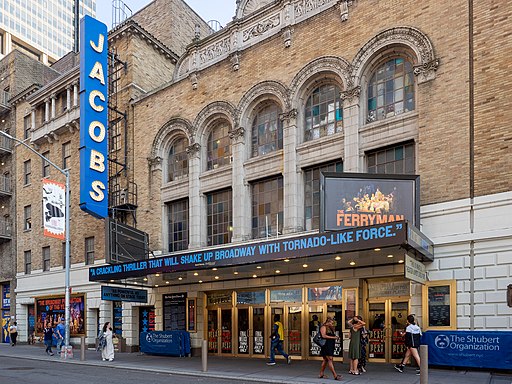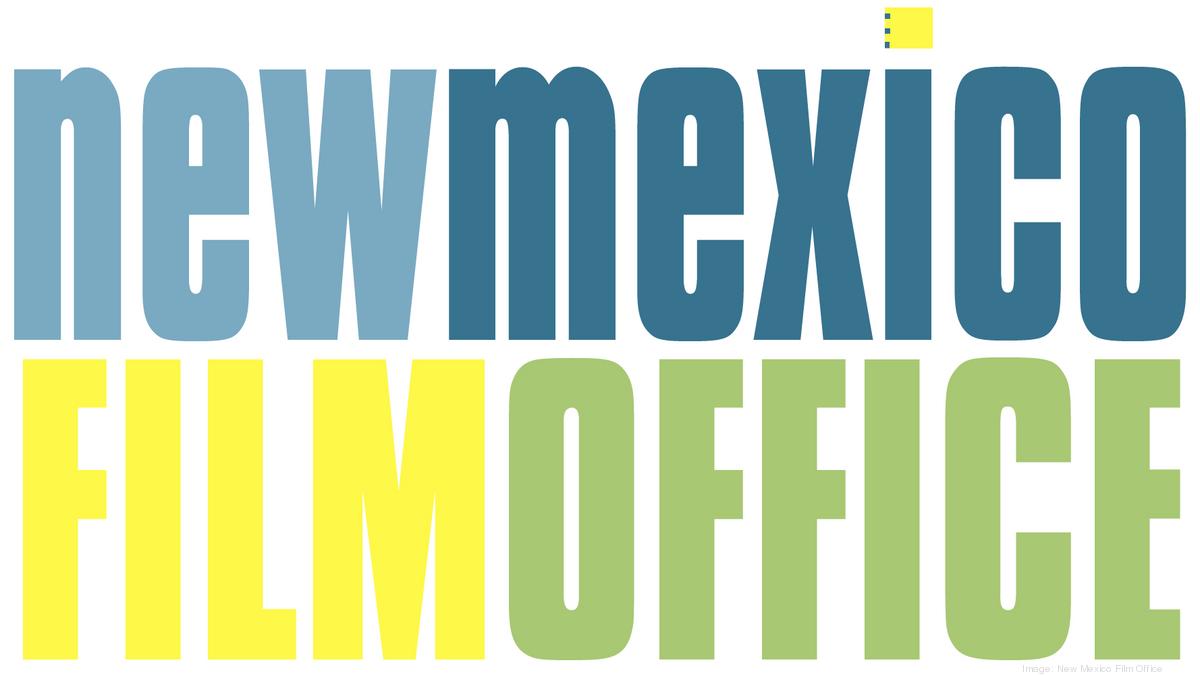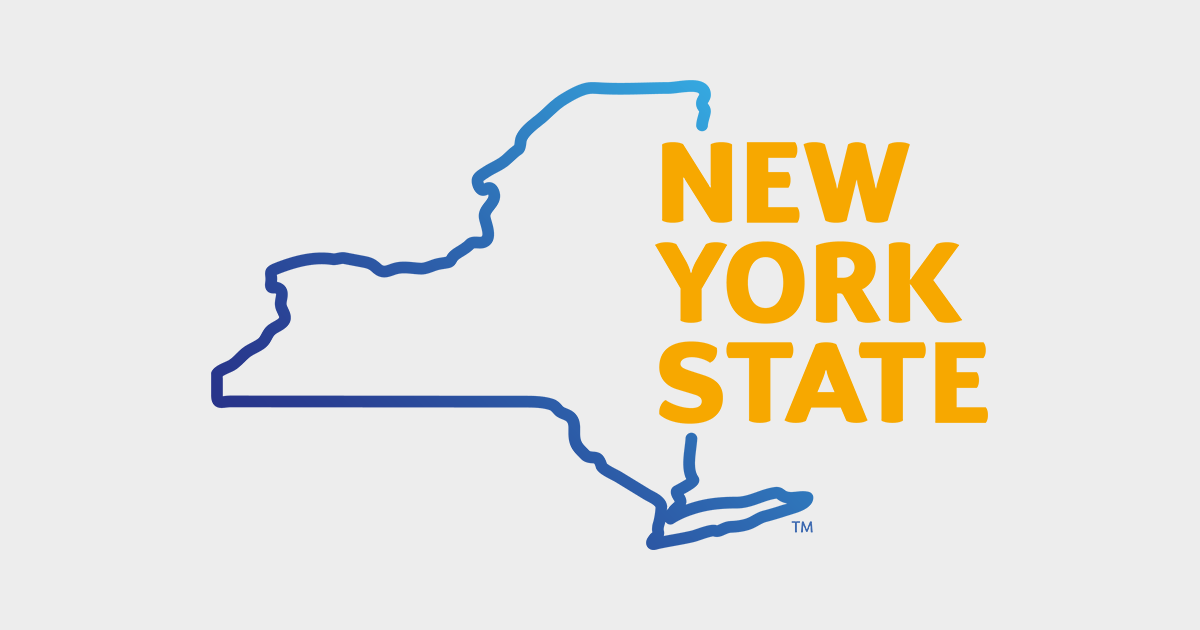How to Gain Tax Incentives for Film Production
Fame, riches, and the movie industry are all intertwined. Hollywood! Celebrities! Glamour! The potential of expanding a larger film industry presence is particularly tempting for states wanting to drive economic development.
The big screen helps transform a city or state, attracting tourism and generating employment. States have always granted tax credits to encourage new film or television production activities, but support for these schemes has increased in the aftermath of the COVID recovery, which left the film industry reeling as theatres shuttered and films were pushed back.
Film Tax credits equivalent to a percentage of a film or television production’s eligible in-state spending and/or exemptions from sales tax on approved transactions are common forms of film tax incentives.
What exactly are Film Incentives?
Simply put, production incentives are benefits provided by states to producers in order to attract them to produce a significant chunk of their project in that state. All production advantages are technically designated as “MPIs” — or Movie Production Incentives. Each works differently, but they all bring value to productions, whether a simple cash payout or a free site.
Why are film tax credits important to producers?
We don’t need to tell you that as a producer, you spend a lot of money on your projects. Tax credits enable you to save money on taxes, gain discounts on local goods, and even earn cashback from the state, all of which can make a significant difference in your (ever-shrinking) budget for your next project.
How to Qualify for Incentives?
It is clear why incentives should be considered while designing a production. However, before you begin considering a new state as the location for your next film, you must first grasp the requirements and expenditure minimums required to earn state production incentives.
One thing to keep in mind is that these perks differ by state. Every year, state lawmakers decide on how much money to allocate for production incentives. Even if your production meets all of the criteria for incentives in the state where you plan to film, there is no certainty that there will be money available.
How much Production Tax Credit are you Eligible for in Each State?
Different states across the country provide various tax incentives, such as tax credits, grants, and bonuses, to encourage industries to spend more money in their location. However, since each state has its own set of laws and restrictions, these film tax incentives might well be challenging to manage.
California
California tax credits include the following:
- A feature film with a budget of $1-75 million or a miniseries with a minimum budget of $500,000 is eligible for a 20% tax credit.
- A 25% tax credit is available for a tv show that relocates production from another state to California. $1-10 million in budget
- To qualify, 75% of production and/or funding must be in California.
Louisiana
The film tax credits in New Orleans are:
- To qualify, you must spend at least $300,000 dollars.
- In-state spending receives a 30% tax credit. If the shooting script is offered a contract by a Louisiana production company, the incentive ranges from 15% to 45 percent.
- An additional 15% tax credit is available for the first million dollars of Louisiana resident payroll.
New York
New York film tax credits include the following:
- The tax credit of 30% with a maximum of $420 million per fiscal year.
- Extra 10% for upstate spending, up to $5 million.
- Feature films and television productions with a budget of less than $15 million qualify if one shoot day takes place on a set created in New York in a qualifying production facility.
Massachusetts
Massachusetts film tax credits include the following:
- You must spend a minimum of $50,000.
- The tax credit is 25% and can be carried over for 5 years.
- There is no production maximum.
Most states with tax incentives will have film commissions in place to interact with producers. They are also available in some major cities.












